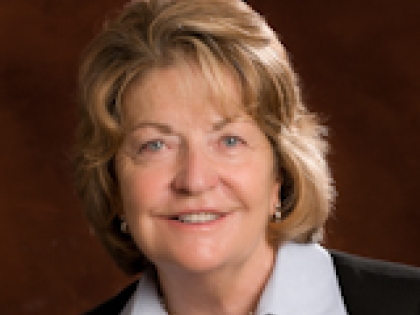
Little: Court Action Halts Fee Hike on Retailers
Betty Little
September 24, 2009
-
ISSUE:
- Economic Development
Writes letter to state tax department urging refund for businesses that already paid
Senator Betty Little today said she is pleased by a State Supreme Court judge’s decision late last week that has prevented the state from collecting a huge cigarette fee increase on North Country retailers and others throughout the state. In a letter to the New York State Tax Department, Little today requested that businesses that have already paid the higher fee be refunded the money immediately.
“This fee hike could not come at a worse time for many of our small retailers,” said Little. “They are struggling to make it through the recession. An added cost of doing business just makes it harder.
“I am pleased by the judge’s decision, but have already heard from a small business owner who paid the higher amount and requested my help getting his money back from the state. He’s probably not alone, so I have written a letter to the state tax department urging them, in light of the restraining order, to return any overpayments.”
Little, who voted against the increase as part of this year’s state budget, said the previously flat license fee retailers pay to sell cigarettes was set to increase from $100 a year to $1,000 for stores with gross revenues of less than $1 million a year; to $2,500 for stores with revenue between $1 million and $10 million and to $5,000 more for stores with $10 million or more in revenue.
She added that the license fee increase would be based on total sales for a store, not on the amount of tobacco products they sell.
The decision by Justice Thomas Feinman to issue a temporary restraining order was in response to a lawsuit brought against the state by a group of retail organizations on Long Island. The judge said retailers could submit their 2010 applications under the previous fee. The $100 flat fee per store was due on September 21.
The restraining order is temporary while a court decision on a motion for a preliminary injunction is pending. If the court rules in favor of the state, retailers would then have to pay the higher fee.
-30-